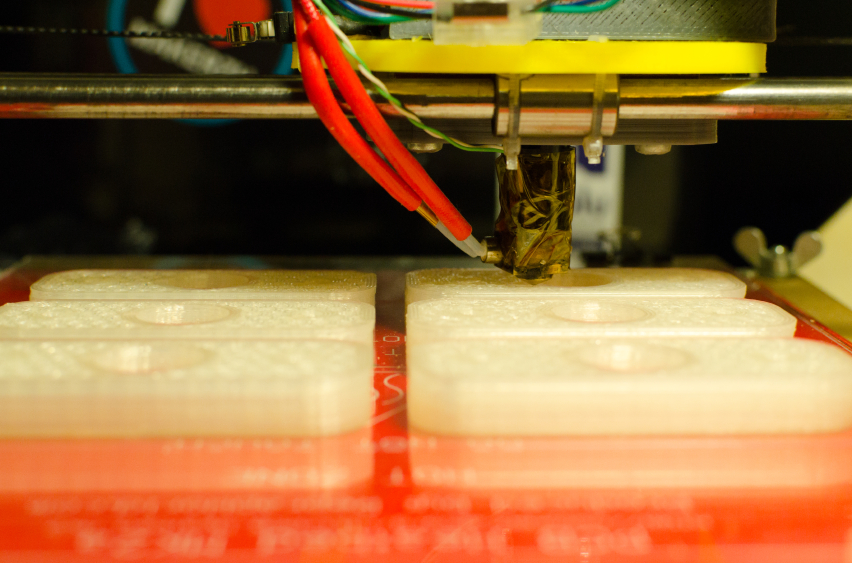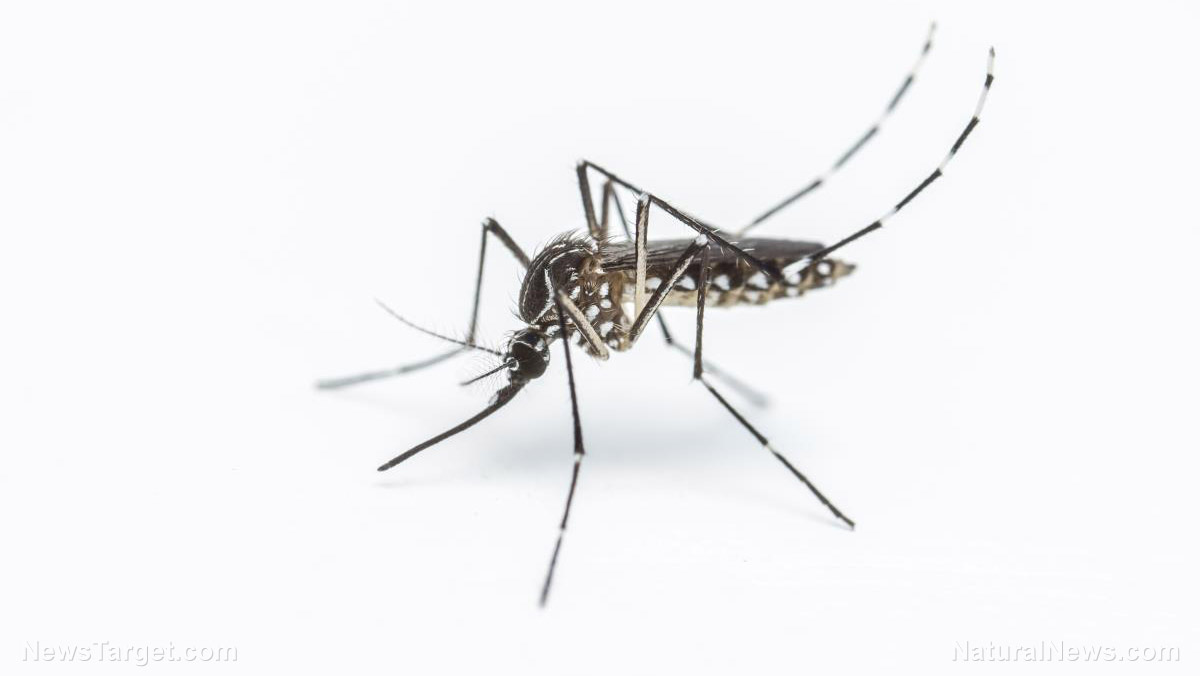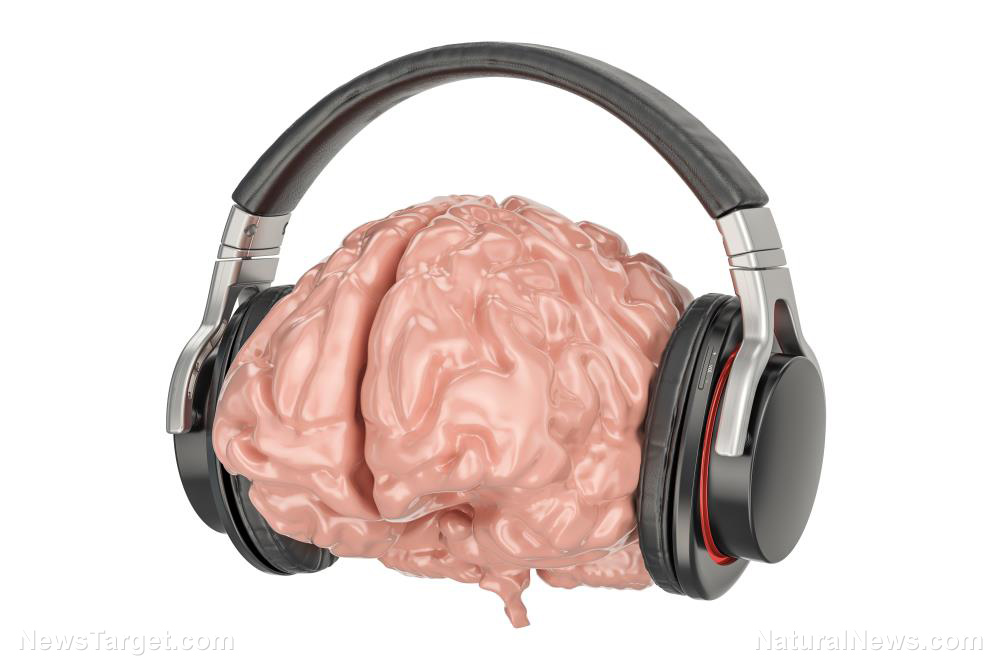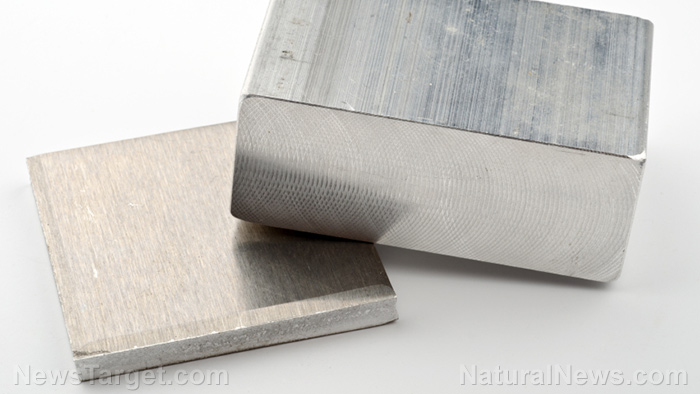Study confirms “health halo” effects of TV ads are misleading kids
01/07/2019 / By Zoey Sky

Children are impressionable, and adults are often wary of what they say and do around kids to make sure that they don’t imitate any of their bad habits. But are adults being careless when it comes to the food choices of their children? According to a study, children who viewed junk food TV commercials accompanied by healthy lifestyle messages rated the products as more healthful, unlike children who watched other ads for similar products but with a different message.
The study, which was conducted by the Rudd Center for Food Policy and Obesity (UCONN Rudd Center) at the University of Connecticut, was published in the journal Pediatric Obesity.
Should parents be worried about the “health halo’s” effect on kids?
Jennifer Harris, the lead author of the study, said that the findings, which confirm the “health halo” effect of healthy messages in child-directed advertising for junk food, are a cause for public health concern. The health halo effect misleads individuals into overestimating the health benefits of a food product based on claims on its label.
In advertising marketed to children, food and beverage companies claim that healthy lifestyle messages, like those promoting regular exercise and good eating habits, teach children about health and nutrition. However, Harris, who is also Associate Professor in Allied Health Sciences and Director of Marketing Initiatives for the UConn Rudd Center, explained that the study did not find any proof that these advertisements educate children about fitness or nutrition. She warned that food companies may be using the practice because it is beneficial and makes children think that unhealthy food is good for them.
In the randomized controlled study, which was conducted from August 2015 to March 2016, researchers worked with 138 children who were seven to 11 years old.
The volunteers were made to watch three child-friendly TV commercials in one of three conditions:
- Commercials for unfamiliar nutrient-poor food and drinks (e.g., a fruit-flavored drink and sweet snacks) with healthy messages/health halo
- Commercials for identical nutrient-poor food and drinks with other messages
- Commercials for nutritious food and drinks
After watching the ads, the children were instructed to rate the commercials and advertised products. The participants were also asked to provide attitudes about exercise and nutrition, and they consumed and rated both healthy and unhealthy snack foods. (Related: Junk food ads on TV strongly influence children’s eating habits.)
Findings from the study revealed that children who watched the health halo commercials rated the products advertised as “significantly healthier overall” compared to the other participants who viewed the other commercials. The children also thought that their parents would buy 1.1 of the advertised products with the health halo messages compared to 0.4 products in the junk food ads with a different message category.
There was no proof that health halo messages positively influenced the children’s health-related attitudes, and almost all of the children agreed that it is important to consume fruits and vegetables and to exercise daily. The TV ads did not affect the children’s ratings of how much they liked the healthy or unhealthy snacks offered to them.
Harris said that the study results corroborate existing research data that was unable to provide proof that health-promoting messages positively affect the health-related attitudes or eating behaviors of children. Instead, these messages mislead children about the healthfulness of TV commercials for certain food products. Harris concluded, “Such practices should be discouraged, including through industry self-regulatory programs.”
Visit JunkFood.news to browse more articles about the many reasons why sugary foods and drinks are bad for you.
Sources include:
Tagged Under: brainwashed, child-directed advertising, children's health, deception, food companies, health halo effect, lies, propaganda, proper diet, proper nutrition, real investigations, research, sugary drinks, sweet snacks, TV ads, TV advertisements, TV commercials, unhealthy foods and drinks



















